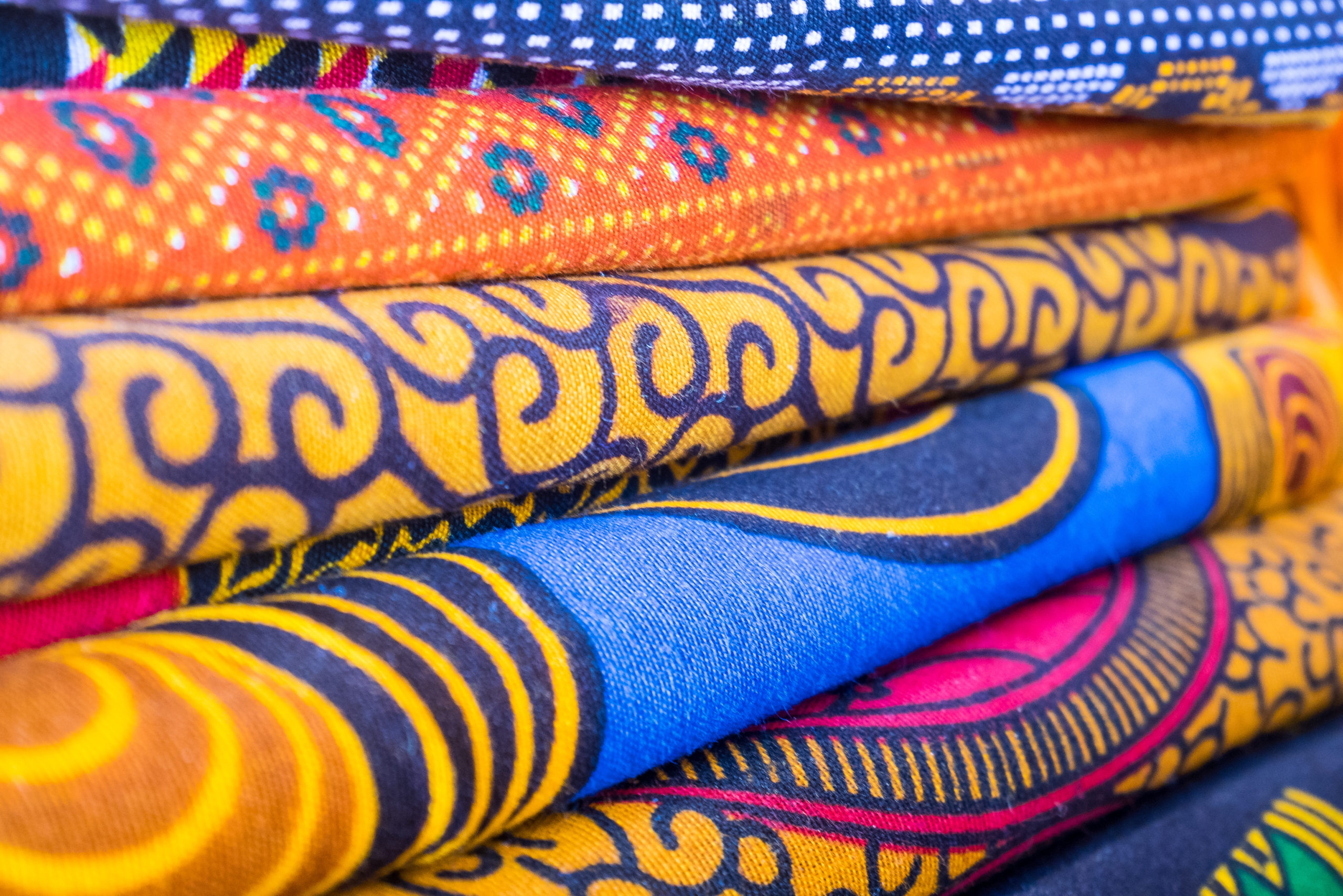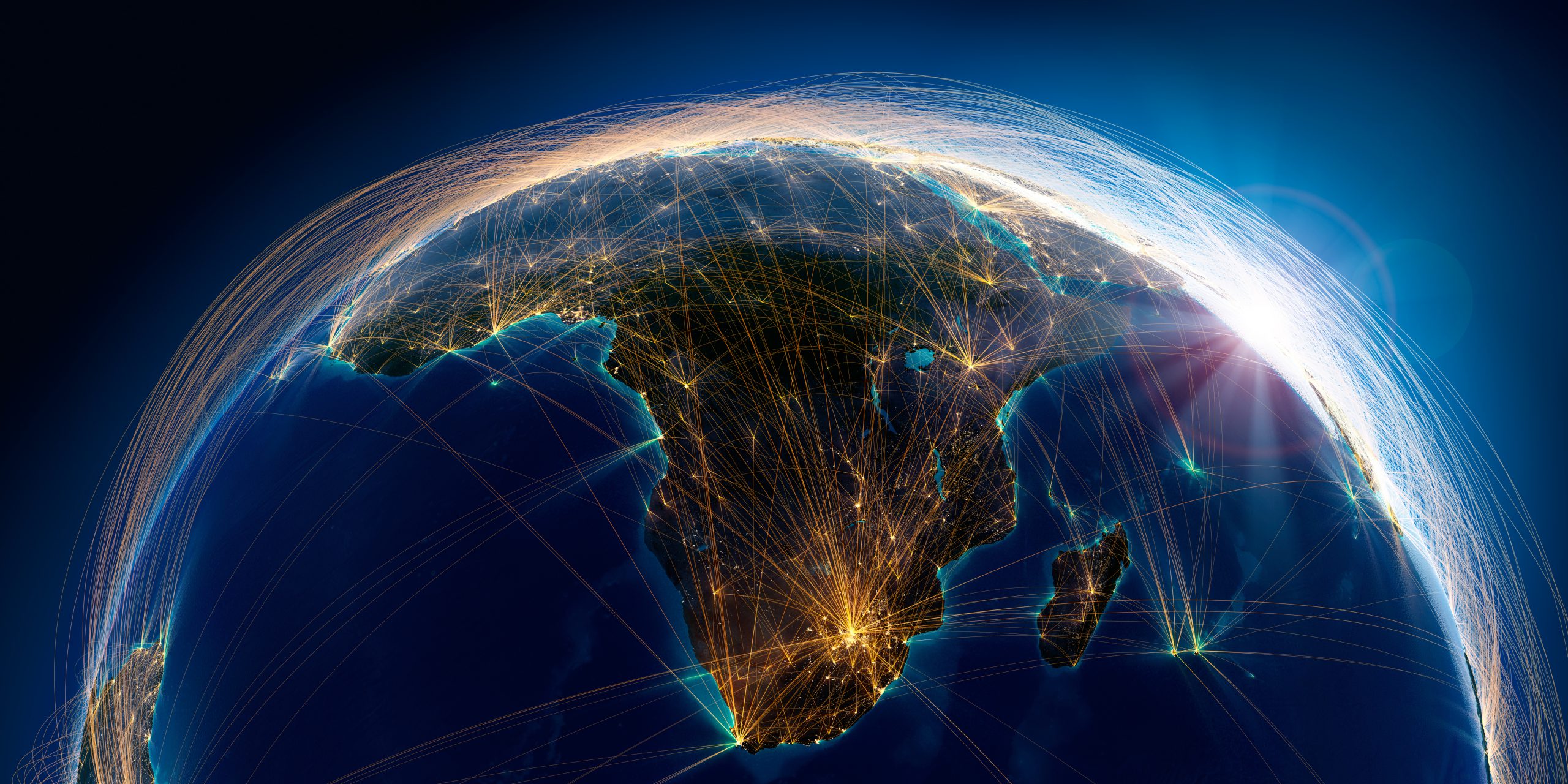Embracing circularity in Nigeria
Innovate UK Global Alliance Africa is pleased to share this report on the Circular Fashion industry in Nigeria, delving into the disposal of imported second-hand clothing, environmental harm from synthetic dyes, and reliance on unsustainable materials.
Advancing circular fashion in Nigeria
Launched in 2019, Innovate UK Global Alliance Africa is an UK International Development initiative, funded by the Foreign Commonwealth and Development Office (FCDO). The programme aims to build stronger equitable UK-African partnerships to maximise the creation of inclusive market access, funding and investment opportunities, and collaborative innovation between the UK, Nigeria, South Africa and Kenya.
Nigeria’s fashion industry, a vibrant tapestry of cultural expression and economic potential, faces mounting pressures from unsustainable practices that threaten its growth and environmental integrity.
Circular fashion offers transformative solutions to Nigeria’s sustainability crisis, promising enhanced resource efficiency, reduced pollution, and inclusive economic growth.
The hidden cost of second-hand imports
The influx of second-hand clothing (“okrika”), reliance on synthetic dyes, and use of non-sustainable materials generate significant waste, pollute waterways, and undermine local production. In 2021, Nigeria imported $176 million worth of second-hand clothes from the Global North, primarily from the UK (UN Comtrade, 2021), however, a considerable percentage of these are of very poor quality, often unusable, turning directly into waste. This waste ends up in landfills, is burned openly, or dumped in waterways, causing environmental pollution, clogging drainage, and leading to health issues. The polyester and microfibers in this waste add to water pollution.
These challenges, compounded by infrastructural gaps and limited policy coherence, demand urgent innovation to pivot the industry toward circularity —characterised by ethical sourcing, reduced environmental impact, and social responsibility.
How do we move forward
By embracing recycling, upcycling and sustainable material innovation, the industry can align with global trends, such as the EU’s Textile Strategy, while preserving Nigeria’s cultural heritage.
Key opportunities include supporting upcycling, establishing recycling hubs, transferring UK technology for sorting and sustainable production, and fostering knowledge exchange. However, scaling these solutions faces structural, cultural, and economic barriers, requiring strategic interventions and international collaboration.
About the report
This report provides a review of Nigeria’s circular fashion sector, analysing current waste management practices and opportunities for sustainable transformation.
It highlights collaboration and technology commercialisation prospects between the UK and Nigerian businesses, drawing on the UK’s advanced circular fashion innovations.
The report assesses gaps and opportunities across the circular fashion supply chain, emphasising the need for a coordinated ecosystem approach involving policy re-form including exploring Extended Producer Responsibility (EPR), technological in-novation, and market development. It underscores the potential for UK-Nigeria partnerships to drive systemic change, leveraging the two countries’ creative talent, expertise in circular design and waste management, automated sorting, advanced recycling and policy development.
Related programmes

UK-Nigeria Circular Fashion Global Innovation Network
The UK-Nigeria Circular Fashion Global Innovation Network is a new initiative led by the Innovate UK Global Alliance Africa Project team based in Nigeria to catalyse a revolutionary transformation in the Nigerian fashion industry by adopting circular fashion principles and innovations. Both the UK and Nigeria share a common goal – to create a high impact, innovative but socially responsible fashion industry.

Global Alliance Africa
This FCDO funded project aims to build stronger equitable UK-African partnerships to maximise the creation of inclusive market access, funding and investment opportunities, and collaborative innovation between the UK, Nigeria, South Africa and Kenya.

